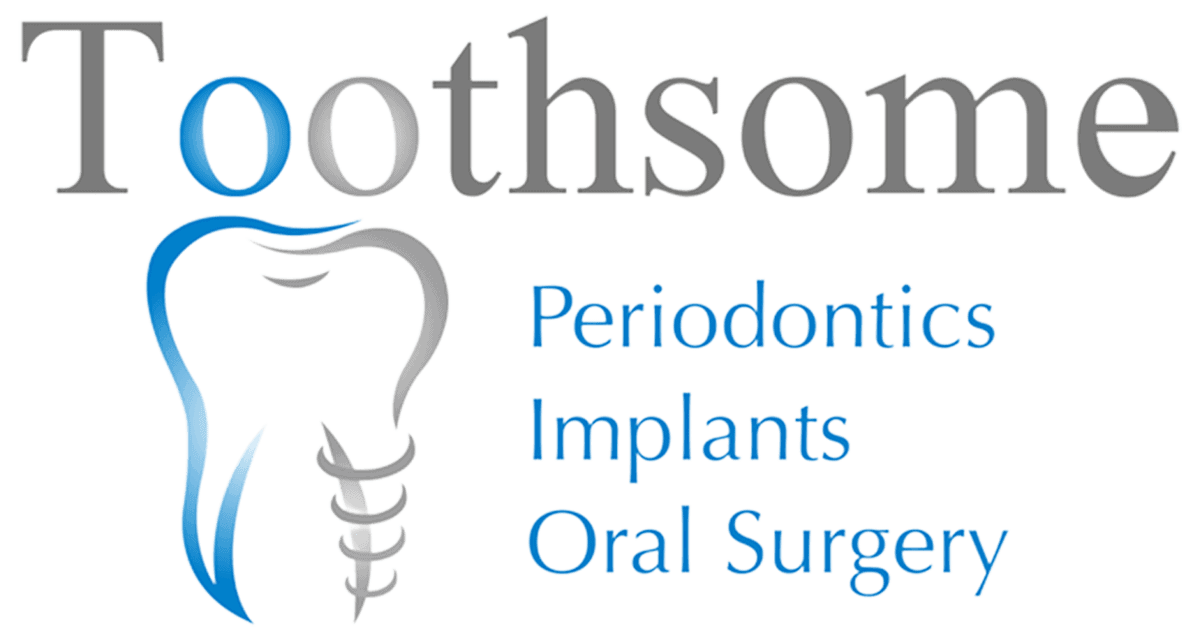Despite all the extensive health campaigns and warnings, at least one in five adults in Australia still smoke. Smoking is a leading cause of death and disease, and about 50% of smokers will die prematurely of a disease caused by smoking (Doll et al., 2004).
In addition to the increased mortality rate, smoking affects nearly every organ in the body. Smoking is the single major preventable risk factor for Periodontal Disease. Nonetheless, smokers still use the same old lines… The Unbeliever
“You know, Doctor, my grandfather is 87 and he has been smoking a pack of cigarettes since his teens. He still has all his teeth! So, I am not convinced that smoking is all that bad for you.”
The Straggler
“I know smoking is bad for my health, but I am going through a stressful time. It’s hard for me to quit at this point of life. I will quit after…”
The Lingerer
“I have reduced my cigarette smoking from 20 down to 5 cigarettes per day, since I started seeing you, Doc! But I just can’t quit….”
The Relapser
“I quit smoking 5 years ago but I’ve just recently picked it up again, because ….”
One cigarette has more than 4,800 chemicals, but it is the addictive stimulant – nicotine – that is responsible for so much of the damaging effects.
These toxic chemicals (especially nicotine): impair the healing potential of periodontal cells; decrease the immune response; reduce salivary flow; and alter the oral environment. The gums not only receive blood saturated with toxic chemicals, they also contact the smoke directly during inhalation.
Cigarette smoking is extremely detrimental to the periodontal tissues, making individuals more susceptible to periodontal disease and many other oral health conditions (oral cancer, halitosis (bad breath), stained teeth, gingival recession). Smokers also have less success with Periodontal Therapy or Implant Therapy. It is never too late to quit smoking!



